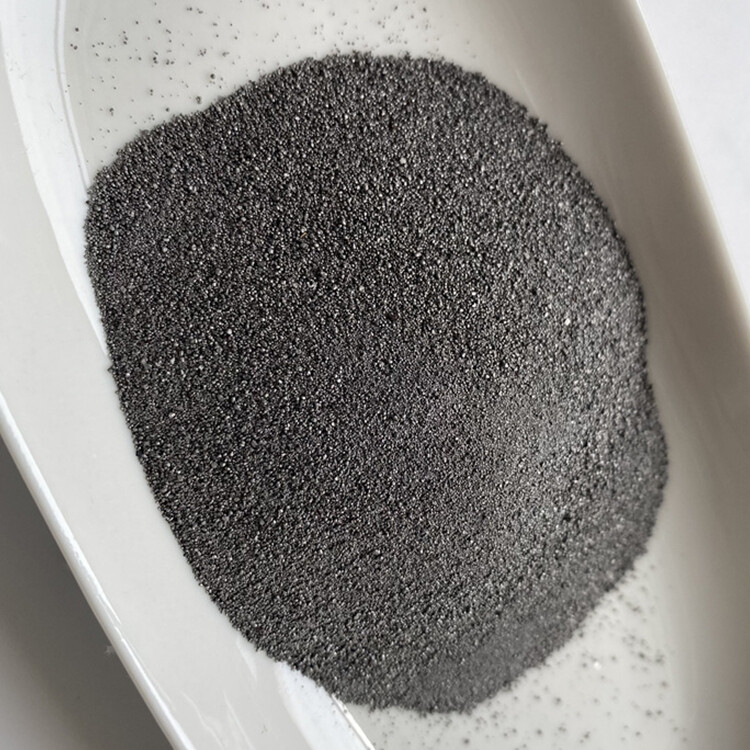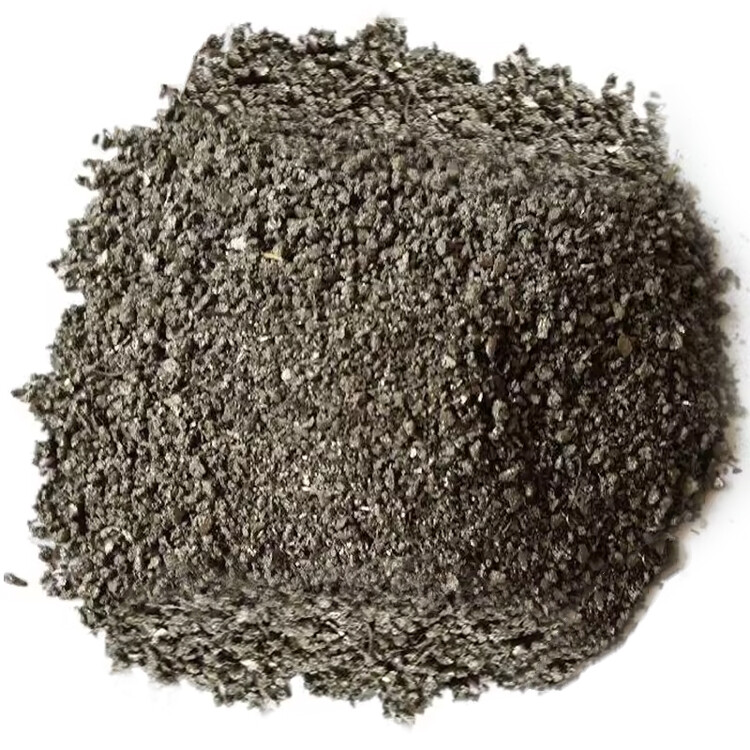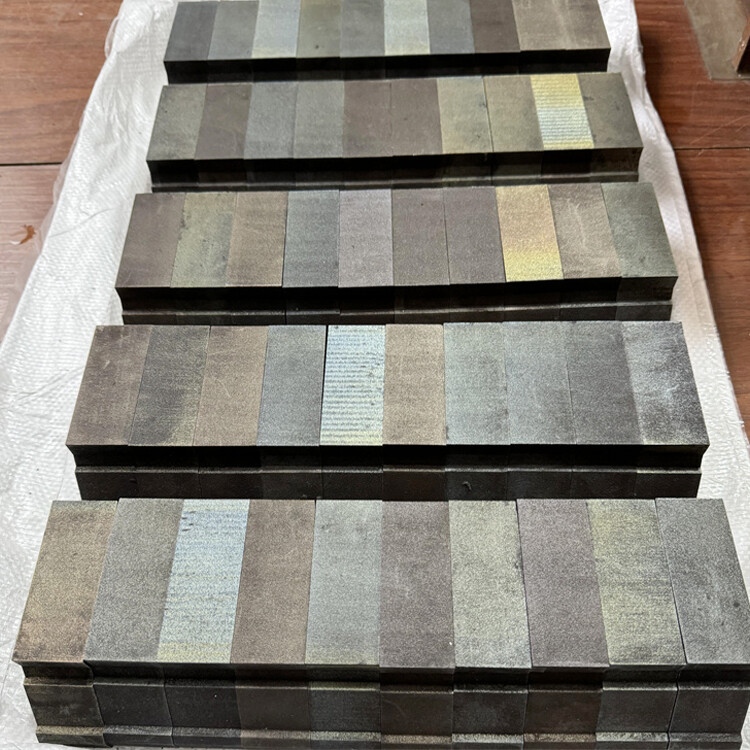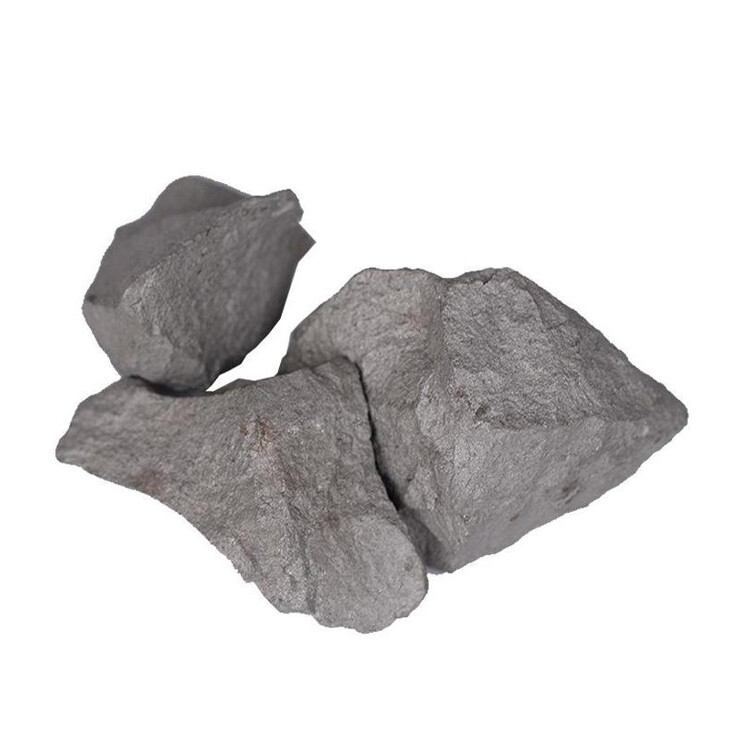Products
An iron alloy whose main components are titanium and iron. It also contains impurities such as aluminum, silicon, carbon, sulfur, phosphorus, and manganese. Used as deoxidizer, desulfurizer, degassing agent and alloying agent in steelmaking. It is added to steel as an alloying element during the steelmaking process to refine the structure grains, fix interstitial elements (C, N), and improve the strength of the steel.
An iron alloy whose main components are titanium and iron. It also contains impurities such as aluminum, silicon, carbon, sulfur, phosphorus, and manganese. Used as deoxidizer, desulfurizer, degassing agent and alloying agent in steelmaking. There are three main varieties according to the titanium content: FeTi30 (containing Ti25.0%~35.0%, Al<8.5%, Si<5.0%), FeTi40 (containing Ti35.0%~45.0%, Al<9.5%, Si<4.0%) and FeTi70 (containing Ti65%~75%, A10.5%~5%, Si<0.5%). In addition, there are a variety of titanium-containing composite alloys such as Ti-Si-Fe, Ti-B-Al-V, Ti-B-Al-Cr, Ti-Al, Ni-Ti-Al, Ti-B-Al, Ti -Cr-Al, etc., used as titanium additives.
Titanium has a great affinity with oxygen and ammonia, and is easily oxidized and nitrided to become inclusions in steel. Therefore, titanium is generally added under white slag conditions and is completely melted before steel is tapped, that is, it is usually finished within 5-15 minutes after being added. Ask for steel. Ferrotitanium should be added near the furnace door to avoid being close to the arc to reduce burning loss. If the quantity is small, there is no need to push the residue after adding. After adding ferrotitanium, staying in the furnace for too long will not only reduce the recovery rate, but also reduce the quality of the molten steel. In addition, due to the low density of ferrotitanium, it floats on the surface of slag steel when added to the furnace, and then gradually melts into the molten steel. Therefore, the recovery rate fluctuates greatly, and the influencing factors are also more complex.
Applications of ferrotitanium powder
1. Metallurgy
Ferrotitanium powder has important applications in the metallurgical field. Ferrotitanium powder can be used in the production of cast iron, steel, stainless steel, etc. to enhance the hardness and toughness of the material while reducing the probability of scratches on the material.
2. Electronics
Ferrotitanium powder is also widely used in the electronic field. It can be used to produce electronic components and sensors, etc., and can improve the corrosion resistance, wear resistance and magnetism of components.
3. Chemical industry
In the field of chemical industry, ferrotitanium powder can be used to produce anti-corrosion coatings, chemical reagents and catalysts. Since ferrotitanium powder itself has excellent chemical stability and chemical reaction performance, it can play an important role in catalyzing chemical reactions.
4. Other fields
In addition, ferrotitanium powder is also widely used in metal processing, textile, rubber, manufacturing and other fields.

Get a Free Quote

Providing you with integrated sanding solutions
24/7 before-sales and after-sales services
Comprehensive technical support






